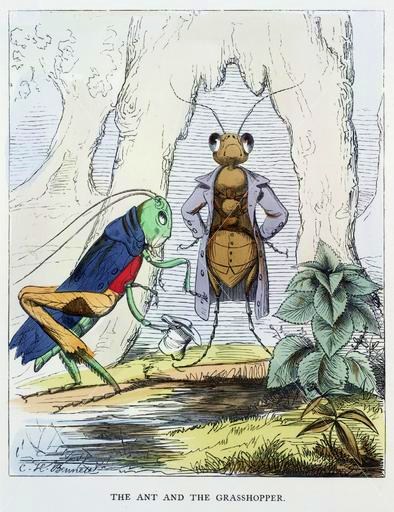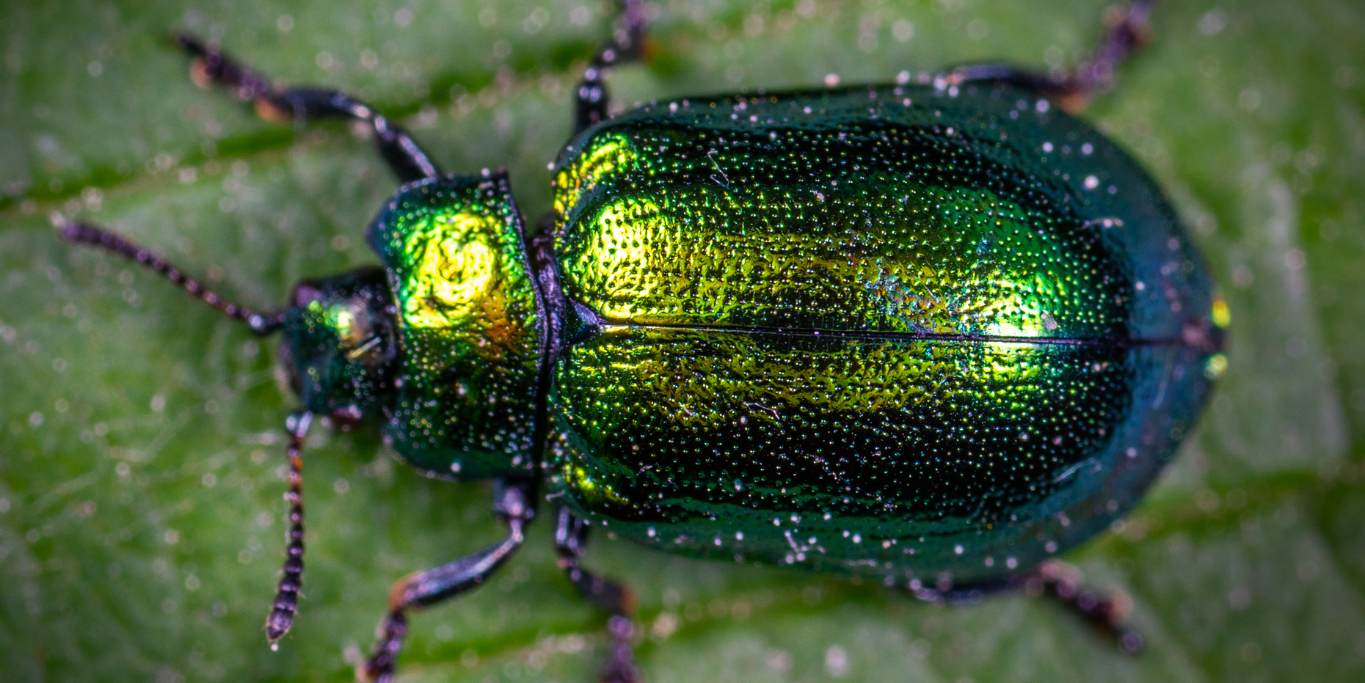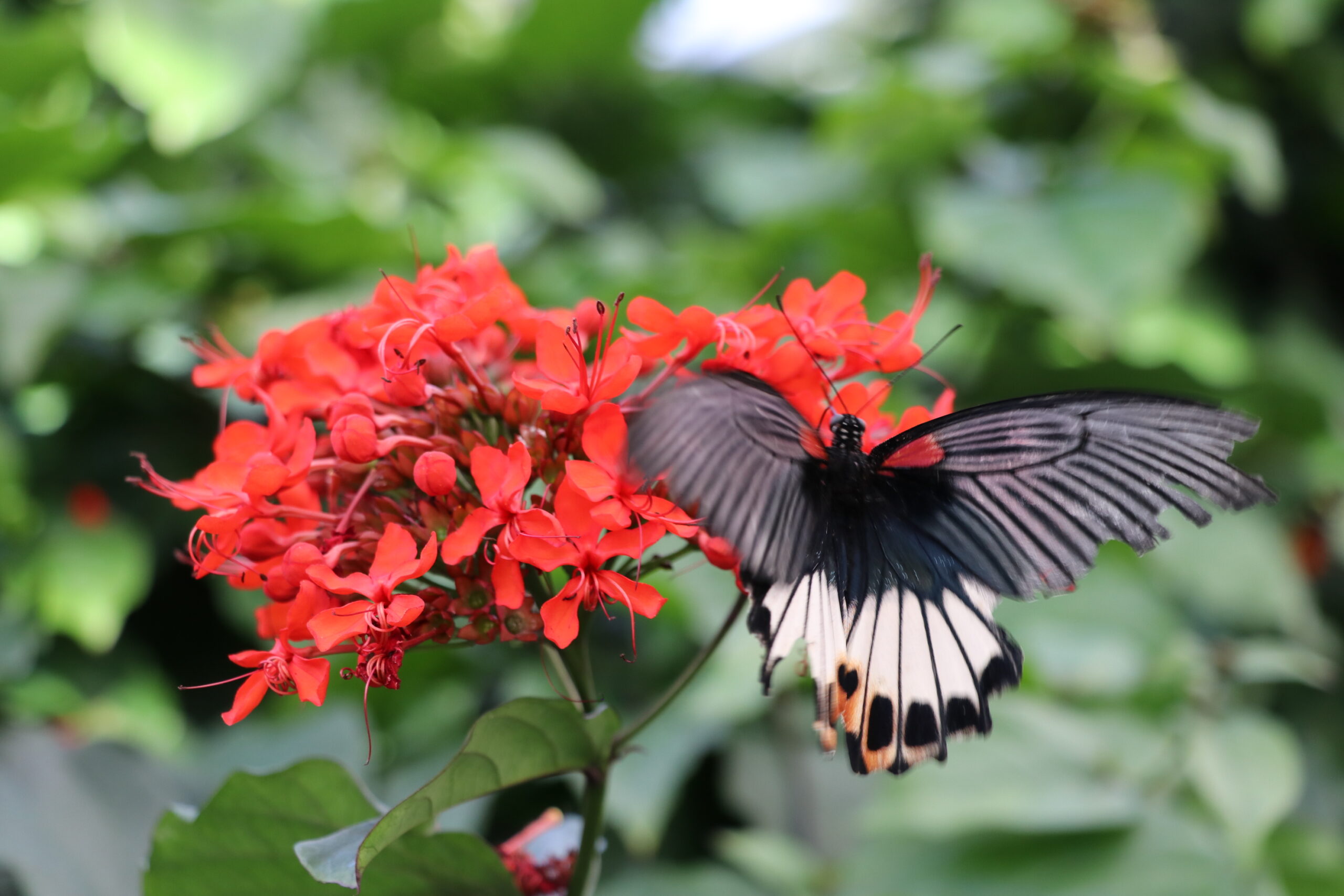If there is one thing Aesop is known for, it’s his fables. Most, if not all of them, revolve around morality taught by the Animal Kingdom. While you can always turn to these fables for some sage advice, some also teach about real, physical habits and elements of their subjects. One of these fables is “The Ant and The Grasshopper.”
There are many retellings of this fable, but it goes something like this. There once was an ant and a grasshopper who lived in a grassy meadow. All summer long the ant worked hard to collect and carry grain from a farmer’s field back to its home to store for winter.
Each day, 9 to 5, the ant scurried out to the field, scooped up all the grain it could carry, and trudged back.
Over and over again until the sun went down.
Almost every day the ant would pass the grasshopper.
“Why are you working so hard?” the grasshopper would ask.
“It’s the summertime! These long days are meant for play!” The grasshopper would sing its songs and frolic in the meadow. It would lounge around and enjoy the sun on its wings.
The grasshopper goaded the ant but to no avail. Each time, the ant would respond, “I am preparing for winter and suggest you do the same.”
(Narrator voice) The grasshopper did not do the same.
Before they knew it, that summer heat quickly turned to a winter chill. The days got shorter, the sky got darker, and the air got colder.
Snow coated the grasshopper’s lounge chair. His extremities, frozen from the wind, could not play any instruments. He had no shelter and could find no food. Desperate, he remembered the ant and ran to its home.
“I am here to sing for you, inside your home, with its central heating soil system.” But the ant shook its head. “If you keep slacking, you end up lacking,” it said and closed the door.
This fable teaches the important lesson of using your time wisely and preparing for the future, but it also teaches us a bit about the habits of ants.
Ants really do store up food for the wintertime, though, they don’t keep it in a pantry like we may picture with the fable. Ants fatten up during summer and autumn months when their food is more abundant and use that extra energy to survive the winter. That being said, they don’t actually use that much energy in the winter. As a kind of rationing, ants enter a state of “diapause” in which their body temperatures drop and their metabolisms slow down. They’ll seek out warm places, like under rocks, in tree bark, or deep in the soil. They’ll seal up their colonies and huddle close together surrounding their queen, who typically stops laying eggs in the winter. Ants also produce glycerol, an alcohol that acts as a kind of anti-freeze and prevents ice crystals from forming inside the ants’ bodies. In this state, all huddled together as warm as they can be, they wait for the warm to return.
At the first sign of spring, the colony opens its doors again and the ants go back to work.
You won’t see them in diapause because it’s always warm in the Biosphere, but you can see an incredible leaf cutter ant colony on display. See if you can spot the queen!




